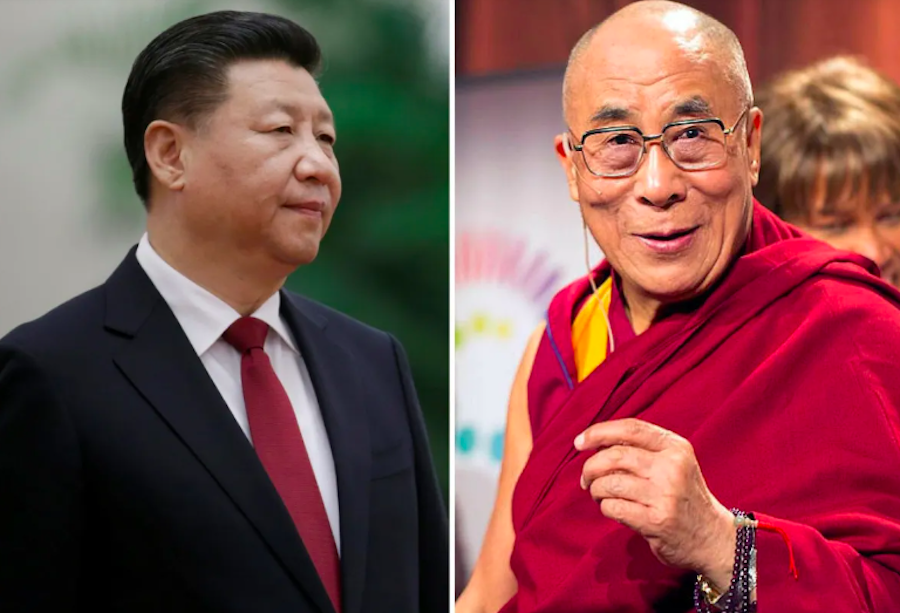By Tenzin Nyidon
The 2023 annual report of the bipartisan Congressional-Executive Commission on China (CECC) released on Friday stated that there is no interest from the People’s Republic of China (PRC) in resuming the long-stalled dialogue with the representatives of the exiled Tibetan spiritual leader His Holiness the Dalai Lama.
The commission on China urged the Chinese government to stop treating the Dalai Lama as a “security threat” and to facilitate the resumption of genuine dialogue, without preconditions, between the Chinese government and the Dalai Lama or his representatives.
Despite the Dalai Lama’s consistent stance on seeking autonomy rather than independence for Tibet, a position reiterated over time, the Chinese government has persisted in its refusal to engage in talks regarding Tibetan autonomy.
Chinese Foreign Ministry spokesperson Wang Wenbin stated on April 26 that Beijing would only engage with the Dalai Lama’s representatives, excluding officials of the Tibetan Government-in-Exile, and dismissed any possibility of dialogue concerning the long-pending demand for autonomy for Tibetan people. Wang also dismissed any reports of back-channel discussions between the Tibetan Government-in-Exile and the Chinese government, categorising the Government-in-Exile as a “separatist” entity during a press briefing in Beijing. “First, we would only have contact and talks with the personal representative of the 14th Dalai Lama, not the so-called ‘Tibetan government-in-exile’ or the ‘Central Tibetan Administration.’ The Chinese government will not be dealing with it,” he said.
This statement came after the President of the Tibetan Government-in-Exile Sikyong Penpa Tsering disclosed to a group of journalists in Dharamshala a day earlier, that informal back-channel engagements had been ongoing since last year. “We have had back-channel (engagement) since last year. But we have no immediate expectations from it. It has to be a long-term (one).” Insisting that the talks are “very informal,” Sikyong Penpa Tsering said. “I have my interlocutor who deals with people in Beijing. Then, there are other elements also trying to reach out to us.”
The dialogue between Beijing and representatives of the Dalai Lama began with fact-finding Tibetan delegations visiting Tibet in 1979 and 1980, followed by exploratory talks in Beijing in 1982 and 1984. From 2002 onwards, nine rounds of discussions took place between envoys of His Holiness the Dalai Lama and China’s United Front Work Department.
Throughout these talks, the Tibetan delegation advocated for genuine autonomy for Tibet within the framework of Chinese constitutional principles and the Law on Regional National Autonomy, culminating in the presentation of a memorandum and note to the Chinese leadership. However, the ninth and final round of talks occurred in 2010 and 2012, the Dalai Lama’s envoys resigned after the ninth round, citing the deteriorating situation in Tibet and a perceived lack of sincerity and willingness from the Chinese side.













